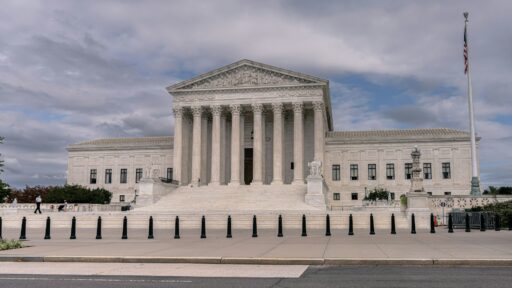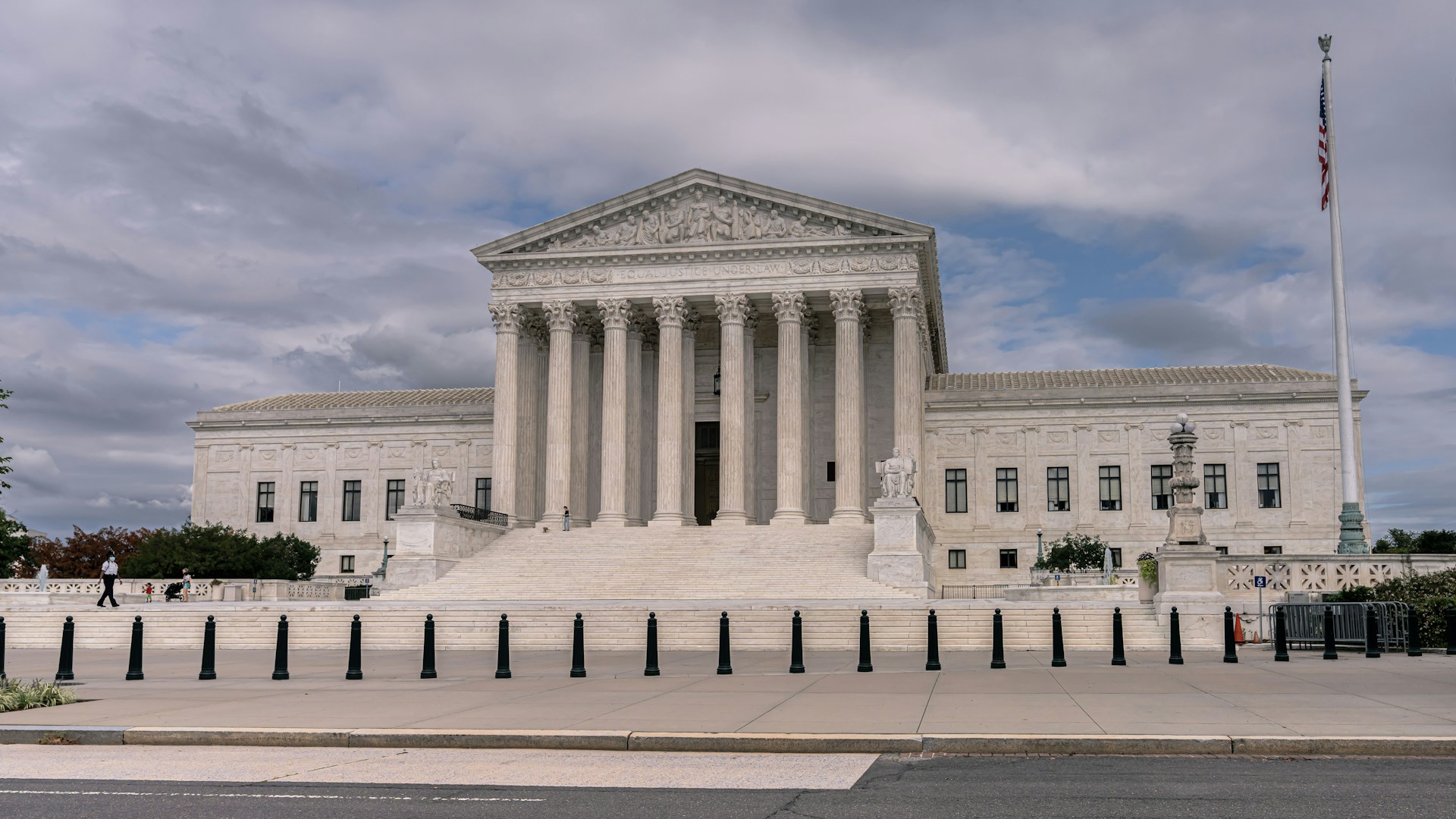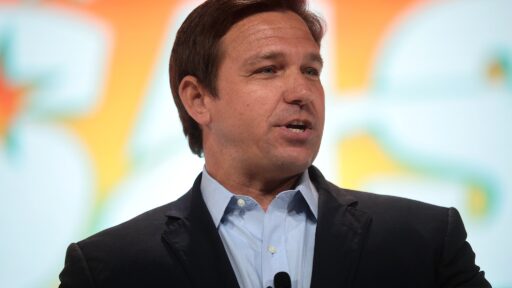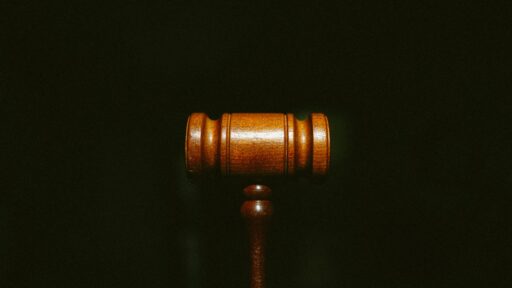Here’s what you need to know…
The upcoming Supreme Court session on Thursday marks a pivotal juncture in American legal history, poised to redefine the boundaries of presidential immunity. At the heart of this unprecedented case lies the question of whether former President Trump can evade prosecution for official actions taken during his tenure. Trump contends that, even post-presidency, he remains shielded from legal accountability, a stance rebuffed by two lower courts.
Central to Trump’s argument is the assertion that prosecuting former executives would destabilize the presidency, leaving officeholders vulnerable to undue influence and retribution. Conversely, prosecutors view this claim as a perilous precedent that would place presidents above the law, undermining the very fabric of democracy.
The composition of the bench, including three conservative justices appointed by Trump himself, adds intrigue to the proceedings. Despite political affiliations, the court’s ruling may diverge from expectations, potentially challenging assertions of immunity crucial to Trump’s legal battles and his anticipated bid for the 2024 presidency.
This case marks the court’s inaugural deliberation on an appeal stemming from one of Trump’s multiple criminal indictments, underscoring its significance in shaping the trajectory of his legal entanglements. The verdict carries profound implications, potentially determining whether Trump’s cases proceed to trial and whether presidential accountability remains sacrosanct.
Critics fear that a favorable ruling for Trump could profoundly alter the balance of power, endowing presidents with unchecked authority both in and out of office. Conversely, proponents of legal accountability argue that no individual, regardless of their former position, should be exempt from judicial scrutiny.
The crux of the debate hinges on interpreting constitutional principles vis-a-vis presidential immunity. Trump’s legal team draws parallels to the Nixon era, citing precedents such as Nixon v. Fitzgerald to bolster their case for absolute immunity. In contrast, prosecutors contend that accountability is indispensable to upholding the rule of law, emphasizing that no individual, not even a former president, is above judicial scrutiny.
Beyond its implications for Trump’s legal woes, the timing of the Supreme Court’s decision carries significant electoral ramifications. With Trump polling closely with President Biden in key swing states, the outcome of the case could influence the landscape of the 2024 presidential race, injecting an additional layer of uncertainty into an already contentious political climate.
As the oral arguments unfold, the nation watches with bated breath, cognizant of the profound ramifications this landmark case holds for the future of American democracy. Whether the court upholds the principle of accountability or expands the scope of presidential immunity remains to be seen, but the repercussions of its decision will reverberate far beyond the confines of the courtroom.






